Beyond the Hive: Why Knowledge of Bee Biology is Essential to Success in Beekeeping
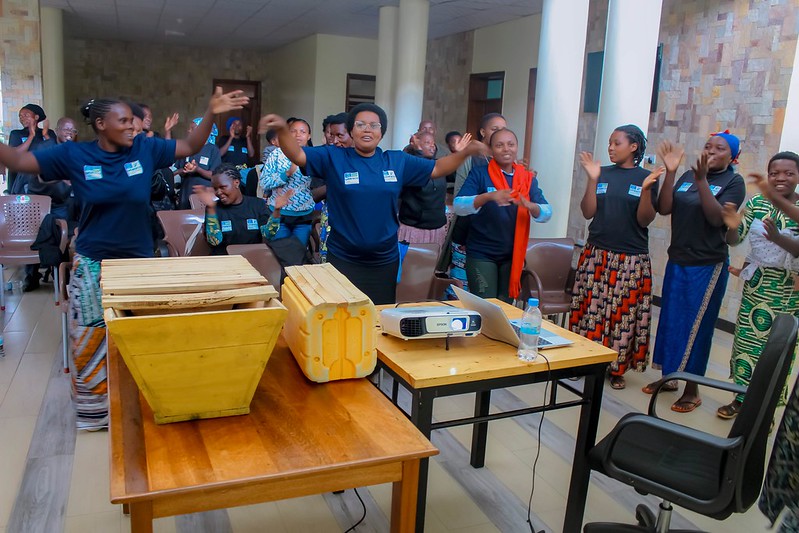
Beekeeping means little more than honey collection for many. For those really committed to sustainable beekeeping, however, knowledge of bee biology and behavior is as vital as maintenance of the hives themselves. Rwandan women partaking in the Women for Bees initiative have been taught by Olivier, a French Apicultural Health Technician and Apiflordev charity member.
Guerlain, the sponsor of “Women for Bees” program, sent Olivier to help the beekeepers across both the technical and scientific aspects of beekeeping—closing knowledge gaps, rectifying prevalent errors, and ensuring the women have the capacity to run their hives properly.
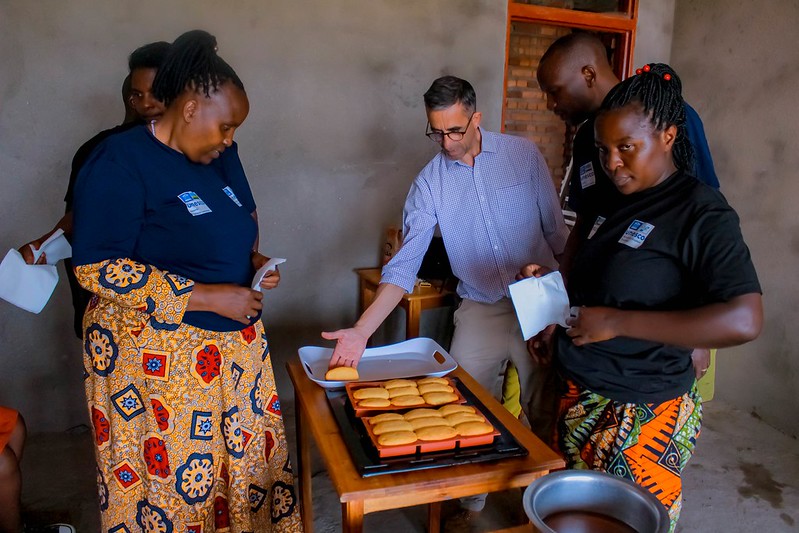
The Core of Beekeeping: Practical Knowledge of the Bees Themselves
Olivier says, “Knowing more about bees will help us to better take care of them.” A beekeeper aware of the cycle of the queen, the function of worker bees, and the growth of colonies will always act better for their hives.
For Nyiransabimana Marie Thérèse, a beekeeper from the COVED cooperative, this was eye-opening.
“I used to believe I could just start operating from anywhere by opening a hive,” she says. “But now I realize how crucial it is to honor the bees’ natural activity. I have gained knowledge on tracking the queen’s cycle and on appropriately managing Kenyan-style beehives. Using jerrycans, I even found fresh techniques for drawing in bees—something I had never heard of before. I can’t wait to apply all of this experience and advance our beekeeping.”
This was a change in attitude for many women in the program, not just instruction. Beekeeping is now about information, patience, and planning rather than about trial and error.
Many of the women selected for the “Women for Bees” program had scant knowledge about bees and modern beekeeping and UNESCO provided them with some trainings and monitoring for two years. While some had given up on their apiaries altogether, others had difficulties with irregular honey output. As such, the instruction was an opportunity to stoke their love rather than only a knowledge experience.
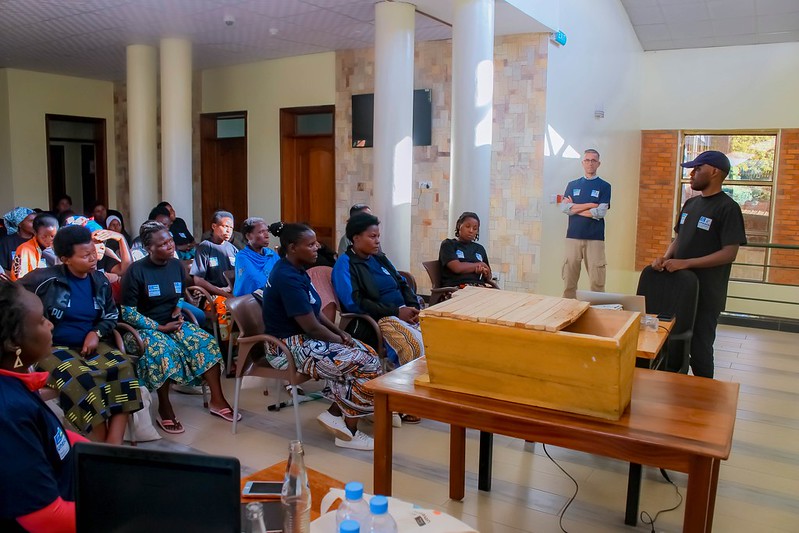
Considering water sources, floral diversity, and safety from human settlements, participants were shown how to best select a site for their apiaries. Additionally, they were personally taught how to construct hives, moderately gather bee colonies, and maintain their apiaries active all year.
Olivier remarked, “Some of these women already understood the fundamentals, but they needed more hands-on tactics to keep strong colonies and increase honey yields.”
Learning how bees offer more than simply honey was among the most thrilling components of the course.
One workshop showed attendees how to create honey cakes, thereby demonstrating that honey can enrich homemade goods as opposed to only marketing them. Still, another class concentrated on converting beeswax into candles, a green alternative to artificial wax candles and a possible new revenue stream.
From the cooperative COAPIRU, Uwamaliya Claudette shared her experience:
“We discovered how to clean beeswax, eliminate contaminants, and then shape it into candles. It was great to finally realize that something we used to neglect can be turned into a valuable commodity. Now we want to keep making candles in cooperation and spin it into a business that sustains our families.”
One of the major successes of the program was this change in viewpoint, from honey production alone to a complete ecosystem of possibilities.
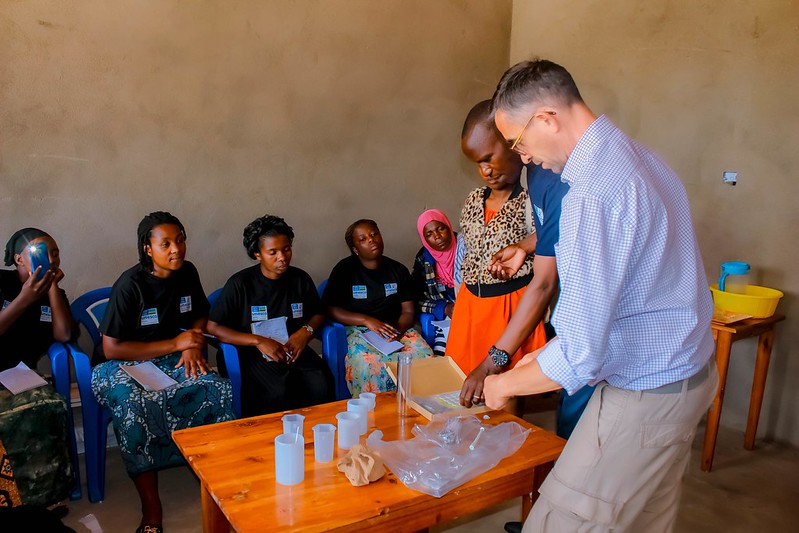
Next: We Have to Guarantee Long-Term Development
Though the training was a turning point, Olivier stressed that the actual labor starts now.
“There are certain things the women need to work on, but learning goes on here. The crucial thing now is follow-up to guarantee they keep growing as beekeepers, use these skills, and solve problems as they come,” he remarked.
The path is only starting for the women. Armed with a more thorough knowledge of bee biology, better hive management skills, and fresh product ideas, they will propel their beekeeping ahead.
Maybe one day their efforts will be celebrated on a world platform rather than just in Rwanda.
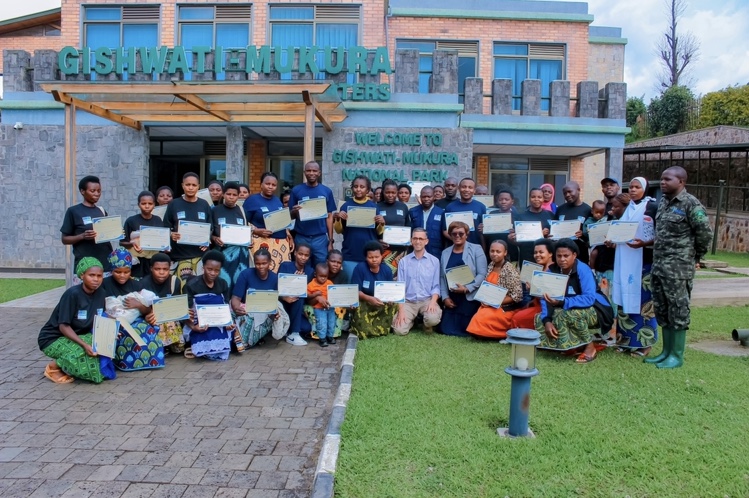
Related Articles
Made in Rwanda Goes Circular: From Innovation to Scale
Last Friday, the Rwanda Chapter of the African Circular Economy Network (ACEN)...
The SFERE Clean Cooking Awareness Campaign: Advancing Solutions Through Community Engagement
Progress in clean cooking is happening one step at a time through...
Strengthening Rwanda’s SMEs for Circular Food Systems: Embedding Circularity Beyond Project Implementation for Long-Term Transformation
As Rwanda advances its circular economy ambitions, small and medium-sized enterprises (SMEs)...
Powering Food, Restoring Land: How Renewable Energy and Regenerative Agriculture Are Transforming Rwanda’s Farms
Across Rwanda’s rolling hills, a quiet revolution is underway. It begins in...





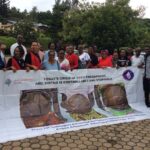



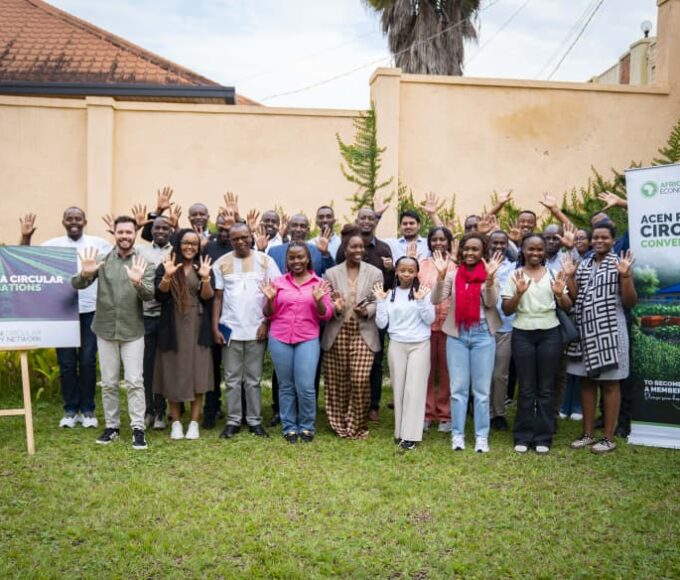
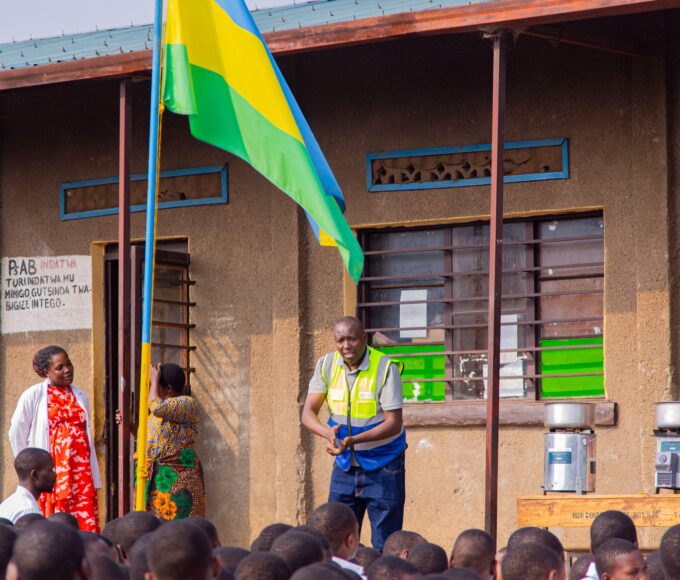
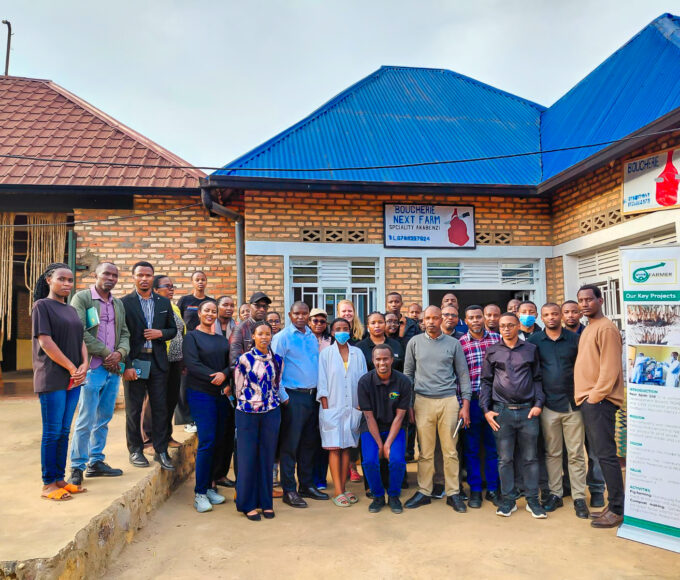

Leave a comment